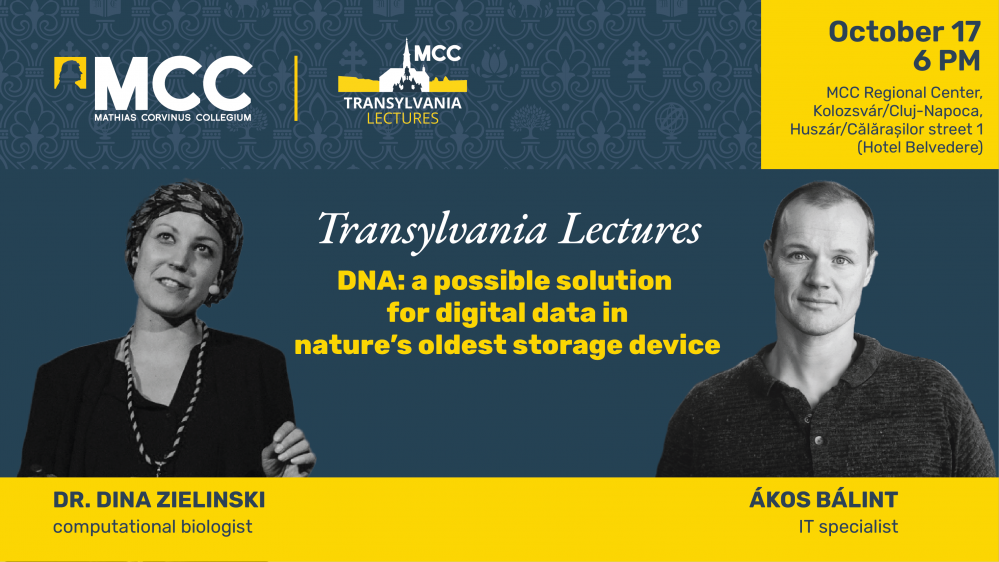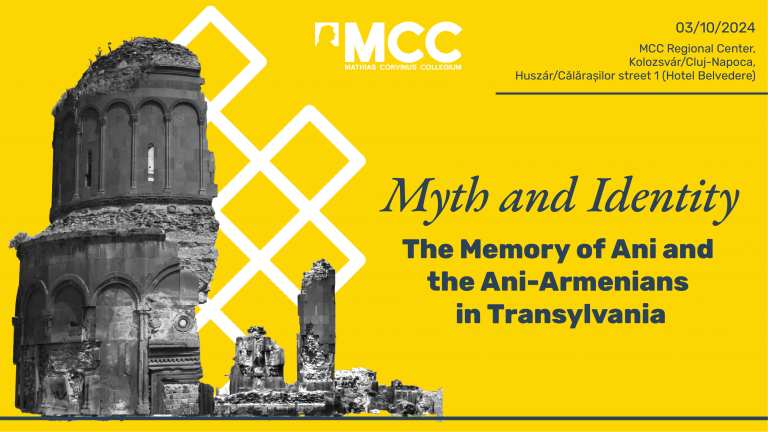As humanity creates more and more digital data, archiving the information on hard drives presents economic and ecological challenges. Today an ever-expanding network of large data-storage centers already accounts for more than 2 percent of all electricity consumption in the United States. Big Data has become a big problem. Digital storage is really expensive, and none of these devices that we have really stand the test of time. From floppy disks to thumb drives, every method of storing data eventually becomes obsolete. What if we could find a way to store all the world's data forever?
In an effort to develop cheaper and more sustainable storage methods, some scientists have begun experimenting with putting data onto nature’s original hard drive: DNA. In the past years, a number of research groups have shown that synthetic forms of DNA can be encoded with words, images, or music just as easily as with biological information. To the best of our knowledge, this is the highest-density storage device ever createdand it is also very reliable. At the next event of the Transylvania Lectures series, bioinformatician Dr. Dina Zielinski shares the science behind the solution that's been around for ages, that can pack tons of data into a tiny space: DNA.
Dr. Dina Zielinski is a scientist and American expat living in Paris. A molecular biologist by training, she was inspired to learn bioinformatics to bring biological data to life. She completed her bachelor’s degree in biology and French at NYU followed by a master’s degree in bioinformatics from Université Paris Cité. She has completed a joint PhD in genomics and biomedical informatics between Harvard Medical School and Sorbonne Université. Between 2019 and 2023 she was a researcher at INSERM (the French National Institute of Public Health), where she developed predictive models to improve diagnosis in transplant patient care. She currently leads computational biology R&D at WhiteLab Genomics, a deep tech startup that aims to mitigate risks and accelerate the development of genomic medicines. Her work has been profiled by The Atlantic, BBC, Forbes, NPR, The Pathologist, The Scientist, STAT, The Wall Street Journal, and WIRED, and her TEDxVienna talk on DNA Storage, published on TED.com, has received nearly 2 million views.
Her partner in this conversation will be Ákos Bálint, IT specialist from Marosvásárhely/Târgu Mureș, with more than 20 years of experience in this field. He was a founder of Evoline Romania, collaborated with international companies and since 2013 he works as a founder at APPFORTE, a mobile app development agency. Besides the IT industry, he has been working as a trainer and workshop facilitator.
We kindly ask you to inform us of your intention to attend by filling in the form below: HERE.


